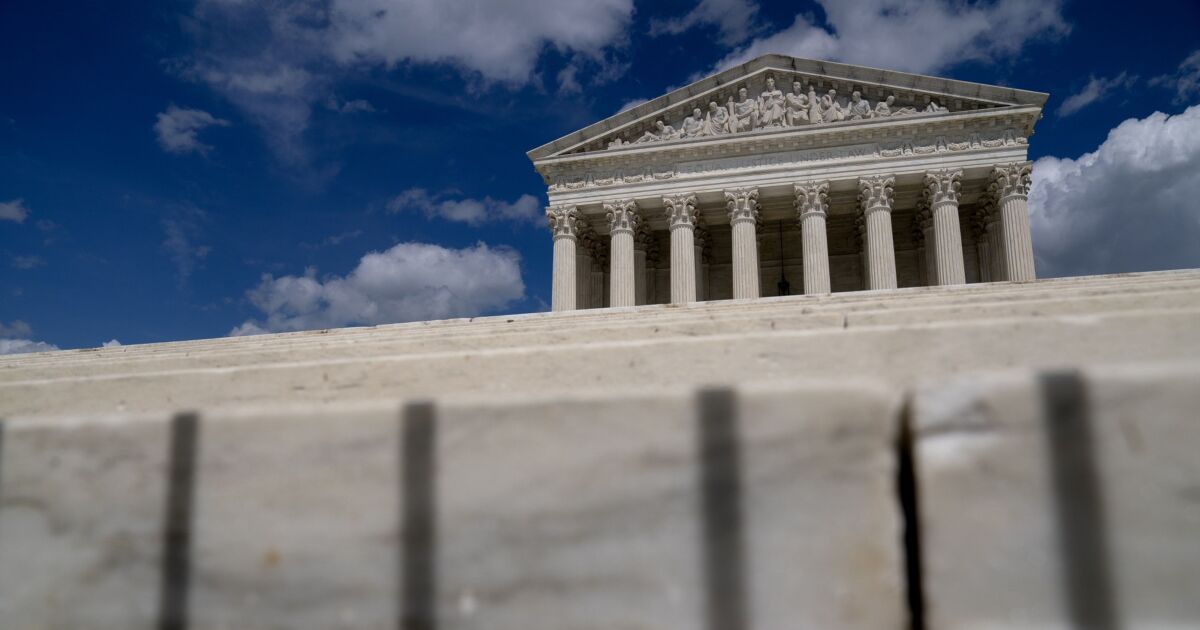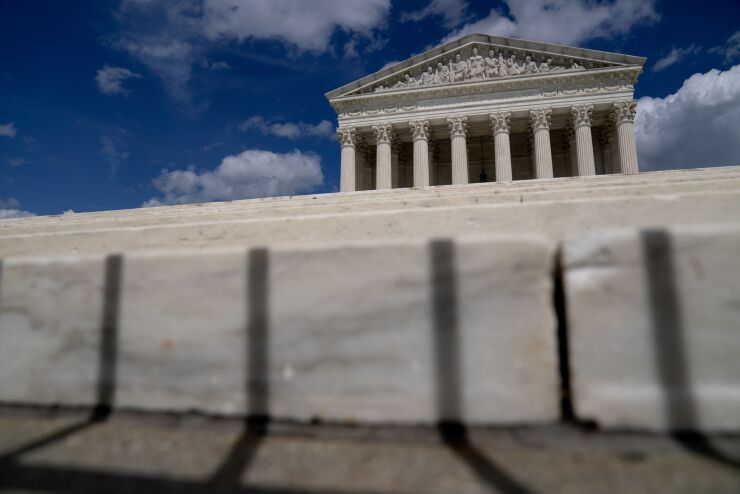Enjoy complimentary access to top ideas and insights — selected by our editors.
Lee Iacocca, the legendary former Chrysler chairman, once said, “The speed of the leader is the speed of the team.” That’s great when you have a strong, decisive CEO. But many times in professional services firms — and in our own lives — we spend a lot of time talking about doing something, but don’t actually do it. Why? Because we’re still deciding.
Take exercising. When you commit to going to the gym on a specific day and time, there are no more decisions to be made. You’ve made a commitment to doing your workout. You don’t need any more information. There is no more analysis to do. You just go do it.
Applying this logic to an accounting firm, however, it’s not always so simple. As accounting firm leaders, we’re often not progressing as fast as we’d like to because we’re surrounded by change. Change can be scary and overwhelming. Clients are demanding more of us. Competition for clients is getting tougher. Competition for talent is getting tougher. (For more on leaning into a constantly changing world, see my article Becoming an anti-fragile CPA.)
As highly analytical people, we tend to sit around and discuss potential solutions, but we don’t actually make a decision, let alone take the next step. And that means we’re still stuck in neutral.
By the way, making a decision to do nothing is still a decision.
Three-speed framework for better decision-making
To help break through inertia and “analysis paralysis” I like to use a three-D framework called Delegate, Decide and Delay.
Let’s take them one at a time.
1. Delegate a decision when it comes to something relatively minor that doesn’t need your personal stamp of approval — for instance, buying a new scanner for the office or planning a social media campaign. If you’re a firm leader, not everything needs to fall on you. Delegating lower-level, first-speed decisions effectively frees up your time and mental energy for higher-value decisions. It also builds leadership depth when other people in the firm are now empowered to make decisions. I’ve found a good rule of thumb is to delegate decisions that are not irrevocable, which allow you to change directions and which don’t directly impact client experience or client outcomes. If you want to quantify it, delegate decisions in which the downside risk is less than 10% of the value of that decision.
For more about delegating decisions, see my column Do you know where your firm’s waterline is?
2. Decide is the second option in the decision-making framework. Decide when something is in your lane, when it’s important to the firm, and when you don’t need more information in order to make an informed decision. It could be “deciding” to let a problem client go or changing your pricing structure.
A good rule of thumb is to make a second-speed decision when you have at least 70% of the information you think you need. This will build momentum. There’s no sense waiting until you get 100% of the information, because things are constantly changing, and you’ll never be 100% certain.
3. Delay (with a deadline) comes into play when you’re mulling over decisions that will have profound implications for your firm, team and clients. Again, delaying is not procrastinating, it’s about setting a deadline to make a well-considered decision about a big-ticket item such as a potential transaction with private equity, or rebranding the firm, or opening a new office. These are important third-speed decisions that can’t be delegated or decided on the spot.
Again, delaying is not procrastinating. By delaying (with a firm deadline), you’re setting up a realistic timeframe to gather the information you need to make a confident Go/No-Go by a predetermined date. Without setting a firm deadline to take action, you risk spinning your wheels indefinitely. If you can’t get all the information you need by the deadline you’ve set, then you need to punt for a longer period of time and set a new, but realistic deadline for making your Go/No-Go decision.
Putting 3Ds into practice
Go into a conference room with a whiteboard and ask your team: “What are all the things we’ve been kicking around forever?” It could be a client portal, or new pricing, or right sizing your business, or using AI for research. Apply the three Ds (Delegate, Decide, Delay) to each issue and you’ll be surprised by how quickly it helps you accelerate your decision making.
Don’t overthink it, just get started.
What is your firm doing to improve its decision making? I’d love to hear more.
(Disclaimer: The author receives no compensation or promotional consideration for products and services mentioned in this article.)


 Blog Post1 week ago
Blog Post1 week ago
 Personal Finance1 week ago
Personal Finance1 week ago
 Economics1 week ago
Economics1 week ago
 Economics1 week ago
Economics1 week ago
 Economics4 days ago
Economics4 days ago
 Finance4 days ago
Finance4 days ago
 Economics4 days ago
Economics4 days ago
 Economics4 days ago
Economics4 days ago










